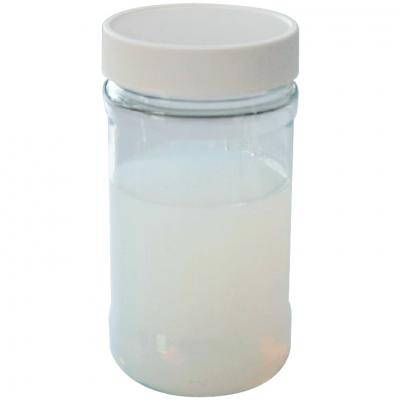Softener Series

Deskripsi Produk
Softening is an important finishing process in printing and dyeing. In this process, after repeating treatment, the hand feeling of fabric will become rough, the general synthetic fiber fabric much worse, especially microfiber fabric. In order to make the fabric soft and smooth, textile finishing process is required, and in this process, the most common used finishing agent is textile softener. Besides, in the chemical fiber spinning, all kinds of fiber spinning, weaving and other fabric softener manufacturing process a large number of softener in textile are also applied. This is because with more and more high speed machining used in textile industry, the attrition between the fabric and equipment increases, leading more abrasions of fabric, and the use of textile softeners can avoid the friction. Therefore, fabric softener is one type of important textile auxiliaries.
Textile softener is one of the most widely used agent in dyeing and finishing. According to the chemical structure, fabric softeners can be mainly divided into different categories. Many kinds of softening agent, suitable for wool, silk, cotton and flax , chemical fiber, also for blended fabric. Silicone textile softeners are more used, which is the fastest growing softening agent in recent years. Because the molecular structure conforms to the softening mechanism of textiles, which can not only reduce the static and dynamic friction coefficients between fibers, but also reduce the surface tension of the fiber.

